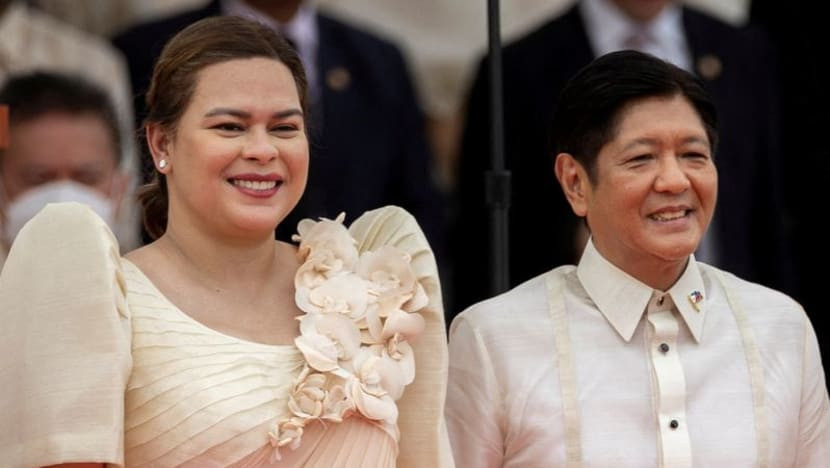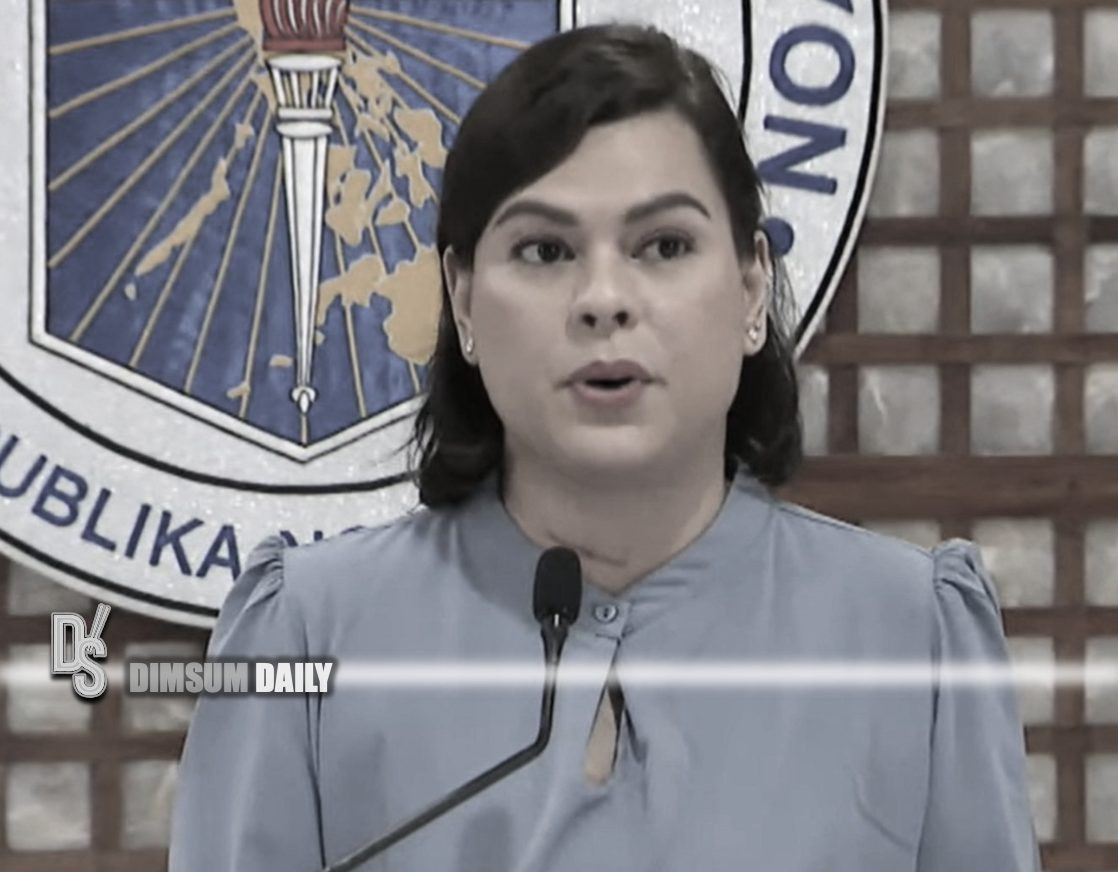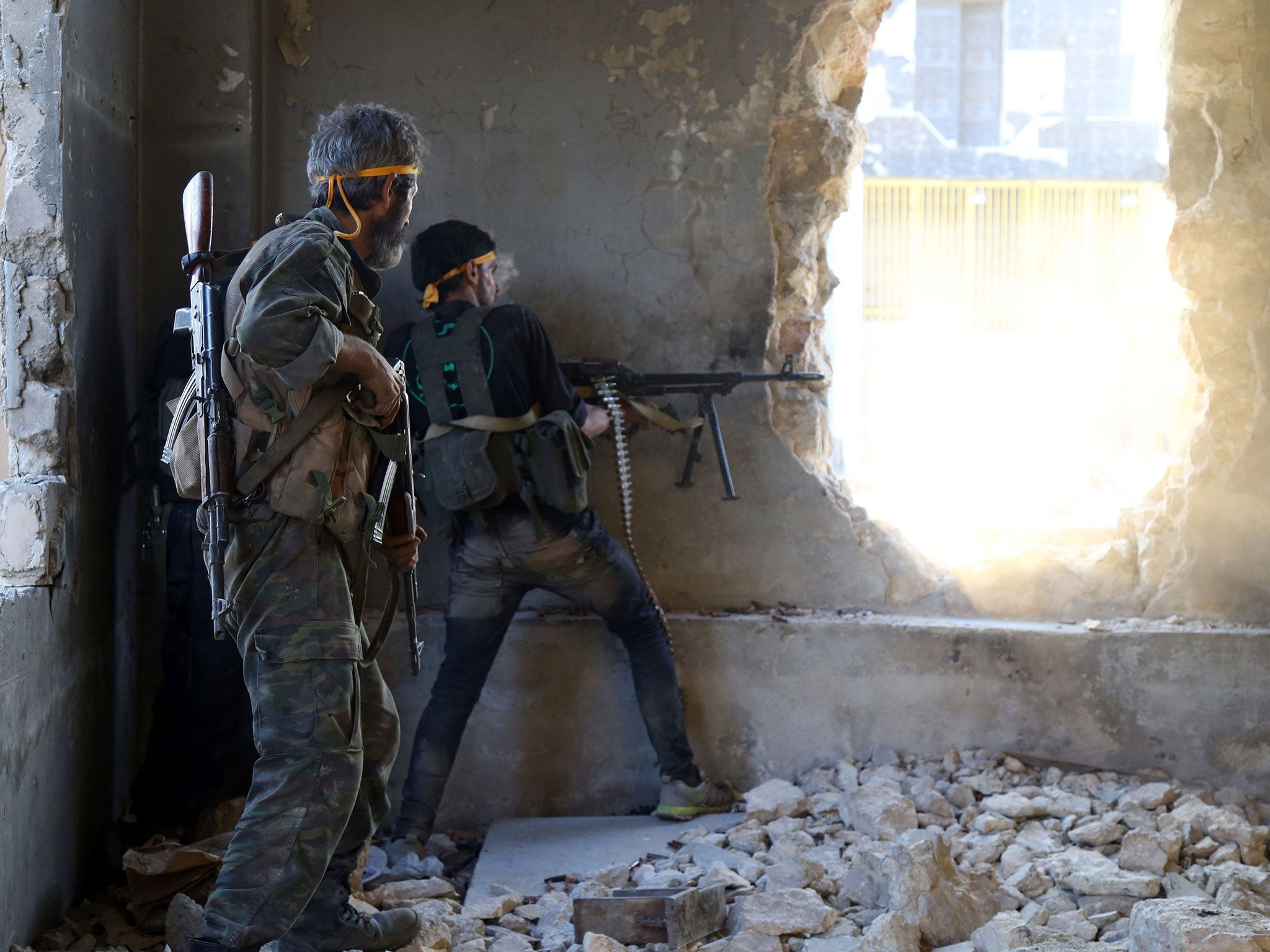Philippine VP Sara Duterte Threatens President Marcos Jr.'s Assassination: A Nation on Edge
Security agencies in the Philippines are on high alert following a shocking public statement by Vice President Sara Duterte. In a Facebook broadcast, Duterte issued a direct threat against President Ferdinand Marcos Jr., vowing to have him assassinated if she were killed. This unprecedented development has sent shockwaves through the nation and ignited a firestorm of debate regarding the stability of Philippine politics. Duterte’s comments, made during a profanity-laced online briefing, reveal a significant rift between the two most powerful political figures in the country. The president’s security has been boosted after his deputy’s ‘active threat’ that were ‘made so brazenly in public’.
The Threat and its Context
Duterte’s threat was made in response to concerns raised about her safety after her chief of staff was detained for alleged misuse of funds. While she claimed no specific threat against her, her statement was unambiguous. “Don’t worry about my safety. I have talked to a person and I said, if I get killed, go kill BBM [Marcos], [First Lady] Liza Araneta, and [Speaker] Martin Romualdez. No joke. No joke,” she declared. She further stated, “I said, do not stop until you kill them and he said yes.” This chilling declaration, broadcast on her public Facebook page, has been interpreted by many as a credible and alarming threat.
The Political Fallout
The Presidential Communications Office immediately characterized Duterte’s remarks as a serious threat to the president's safety. Executive Secretary Lucas Bersamin referred the “active threat” to the Presidential Security Command, an elite presidential guard force, for immediate action. The Presidential Security Command deemed the threat a significant national security issue, underscoring the gravity of the situation. The statement's brazenness in the public sphere further exacerbated the concern, prompting swift action and heightened security measures for President Marcos Jr.
The Duterte-Marcos Rift
The threat underscores a dramatic deterioration in the relationship between Duterte and Marcos. Once allies who secured a landslide victory together in the 2022 elections, their political partnership has fractured. Duterte's resignation from her cabinet post in June signaled a growing divide. Earlier, in October, Duterte had already voiced her displeasure, describing her relationship with Marcos as “toxic” and even fantasizing about beheading him. She also openly accused Marcos of incompetence and dishonesty.
Roots of the Conflict
Their discord stems from various issues, including conflicting approaches to China's increasingly assertive stance in the South China Sea, and accusations of corruption and political persecution leveled by Duterte against the Marcos administration. The arrest of Duterte’s chief of staff, Zuleika Lopez, for obstructing an inquiry into possible misuse of funds within the vice president’s office appears to have been the immediate trigger for the outburst. This event, coupled with other long-simmering tensions, has finally pushed their relationship beyond repair, resulting in the public assassination threat.
The Implications and Future Uncertainty
Duterte's actions have raised concerns about political stability in the Philippines. The threat itself is a serious crime under Philippine law, punishable by imprisonment and fines. The country is bracing for mid-term elections in May, which will serve as a significant test of Marcos’s popularity and an opportunity for him to solidify his power. This tumultuous period will heavily shape the nation’s political landscape. The assassination threat adds another layer of complexity to the already tense political climate. The incident underscores the high stakes involved in Philippine politics and the potential for further escalation. Whether the authorities will pursue legal action against the Vice President, and the impact on the upcoming election remains uncertain, further adding to the overall tension and uncertainty.
A Nation Watching
The international community is closely watching the situation, concerned about the implications of such open threats at the highest levels of government. The events raise critical questions about the future of the Philippines and the ability of its political system to manage such significant conflict. The unfolding drama emphasizes the necessity for peaceful resolution of political differences and the importance of maintaining respect for democratic institutions, even amid heated disputes. This saga is far from over, and its conclusion will undoubtedly shape the course of Philippine politics for years to come.
The Armed Forces of the Philippines have pledged to remain non-partisan, emphasizing their commitment to upholding democratic institutions and civilian authority. Amidst the ongoing conflict, calls for calm and resolve are vital to navigating these turbulent times and ensuring the preservation of peace and stability within the country. This unprecedented situation serves as a stark reminder of the fragility of political alliances and the enduring power of personal and political grievances. The situation remains fluid and requires further monitoring to fully understand the far-reaching consequences of the Vice President's unprecedented and alarming statements. The implications for the stability of the government and the future of Philippine politics are yet to fully unfold.


















